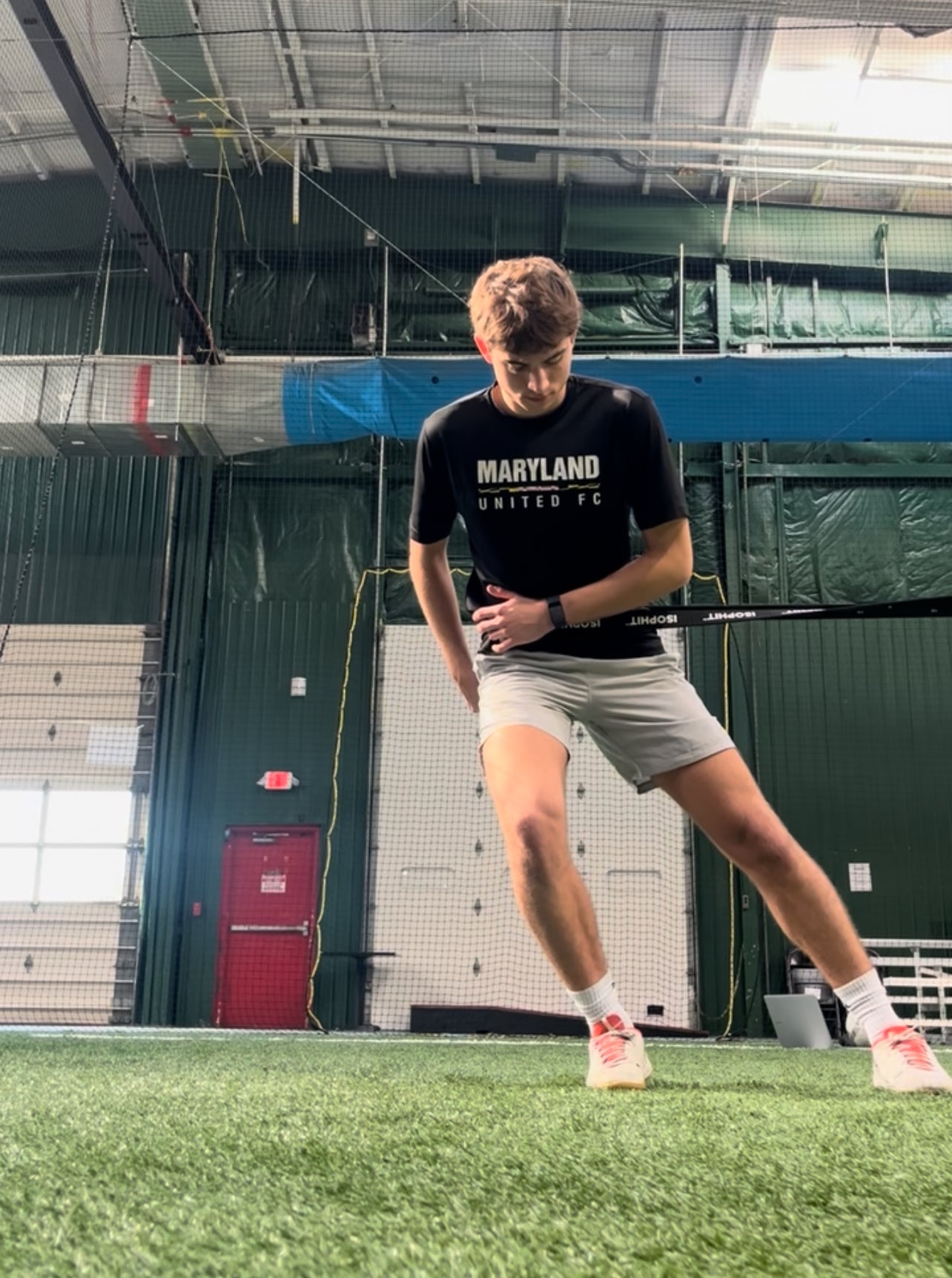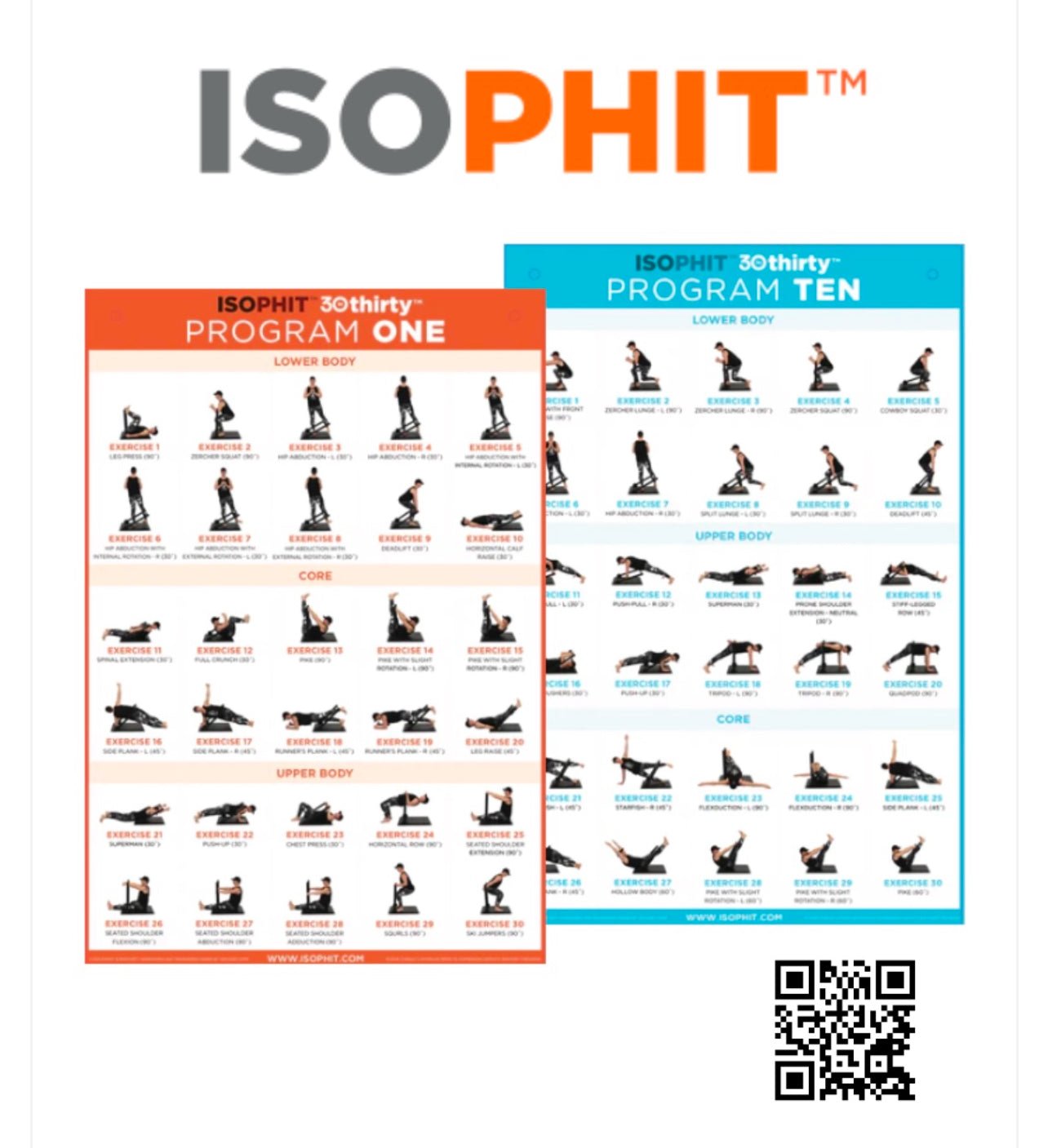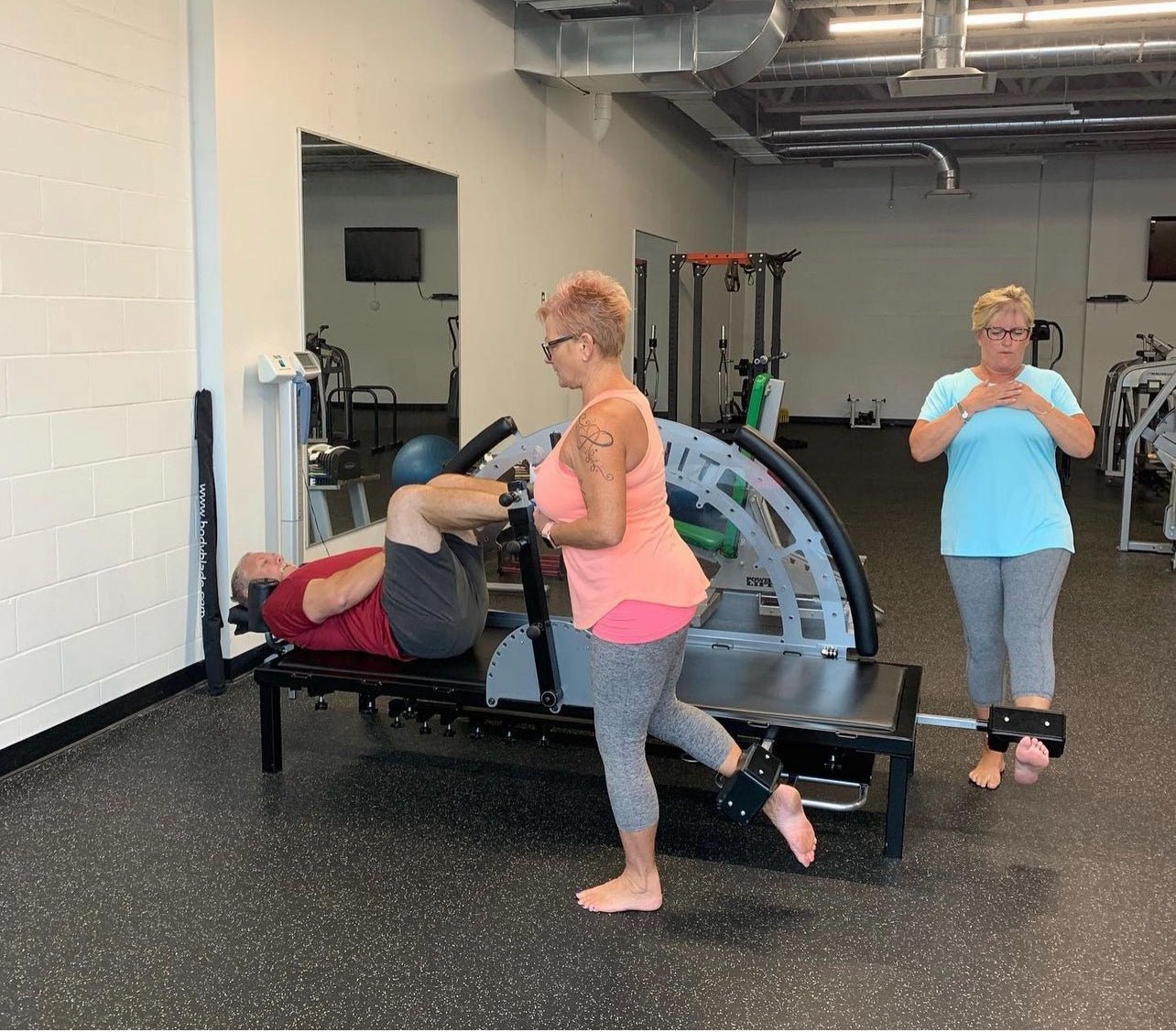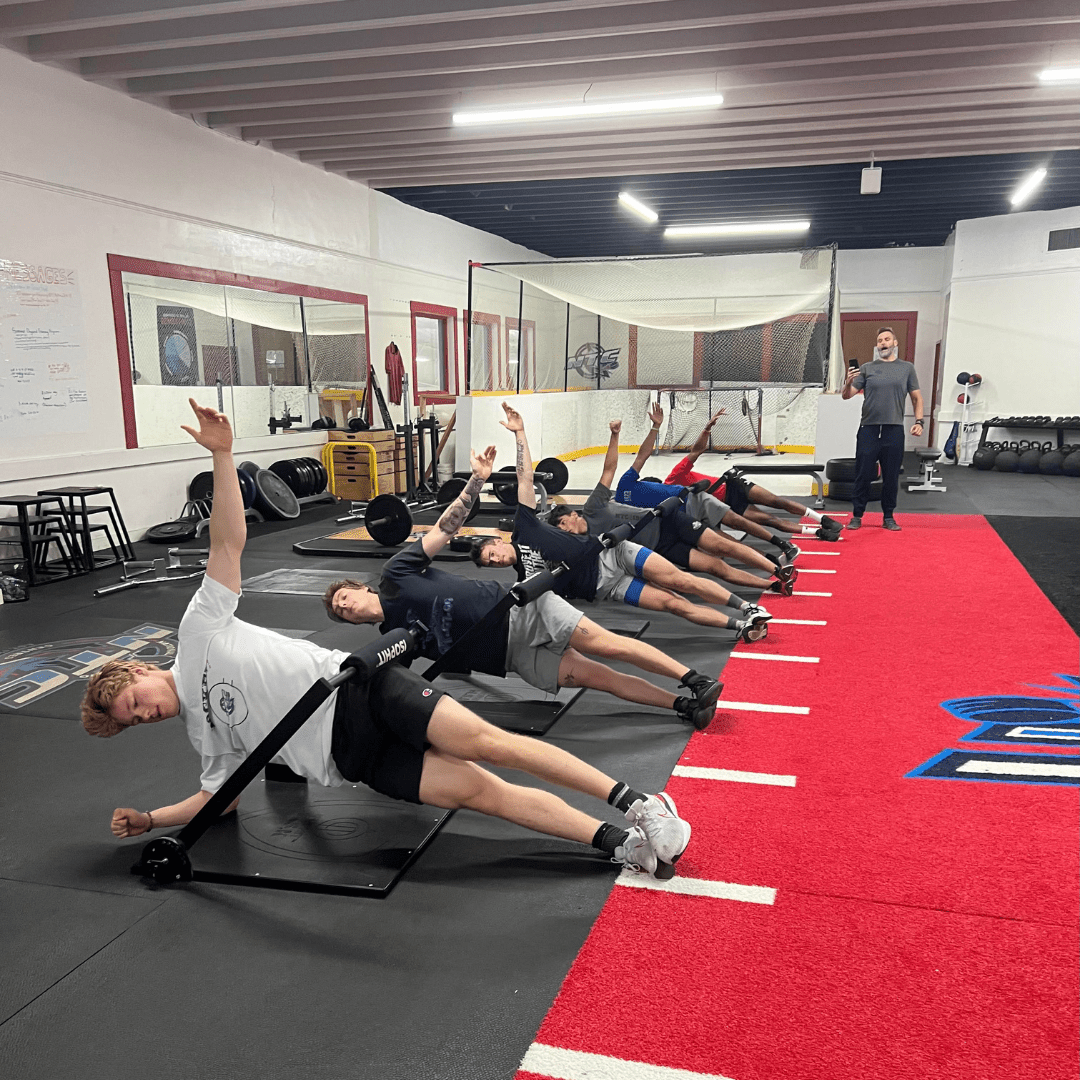Yesterday, we highlighted the link between neck muscle isometric strength and mental health issues such as suicide, depression, and anxiety. Today, we dive into an interesting connection between isometric strength and migraines.
Migraines, those intense headaches plaguing many, can be classified into two categories: episodic (occurring occasionally) and chronic (occurring regularly). A 2021 study led by Lima Florencio provides enlightening insights about these migraine types and their potential impact on our bodies.
Read the Study: Comparison of cervical muscle isometric force between migraine subgroups or migraine-associated neck pain: a controlled
This study examined neck muscle isometric strength in individuals suffering from migraines. They compared those with episodic migraines, chronic migraines, and those without migraines, while also considering those who experienced neck pain during their migraines.
The researchers discovered that women suffering from episodic migraines, or experiencing neck pain during their migraines, had reduced neck muscle isometric strength compared to those without migraines. This implies that migraines, particularly episodic ones, may be associated with isometric neck weakness.
Intriguingly, they found a correlation between isometric strength of neck muscles and the severity of cutaneous allodynia, a condition where even normal touch can feel painful, often present in individuals with migraines.
These findings offer new treatment possibilities. Doctors and Physiotherapists might be able to help migraine sufferers by focusing on improving isometric neck muscle strength. This research emphasizes the individuality of each person's experience with migraines and the necessity of personalized treatment plans.
For more information on isometric strength training and its significant impact on functional health and performance, visit our website at www.Isophit.com or reach out to me at brad@isophit.com.
Yours in Isometric Strength,
Brad Thorpe
CEO / Inventor
Isophit










Share:
Isophit: Suicide, Depression, and Anxiety Linked to Poor Isometric Muscle Strength in Adolescence.
Isophit: Contraction Time Matters - Why Longer is Better.